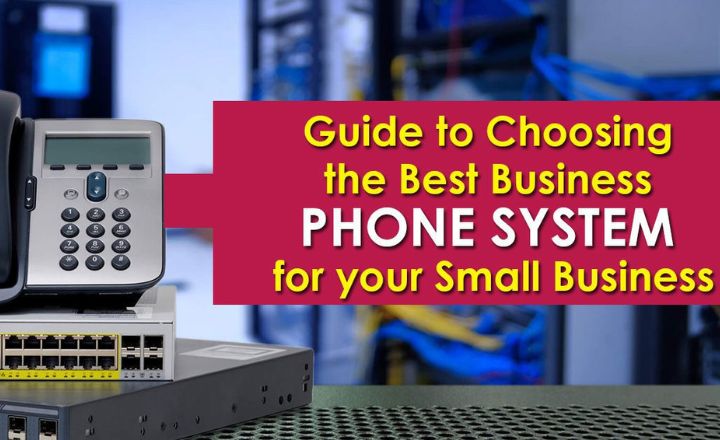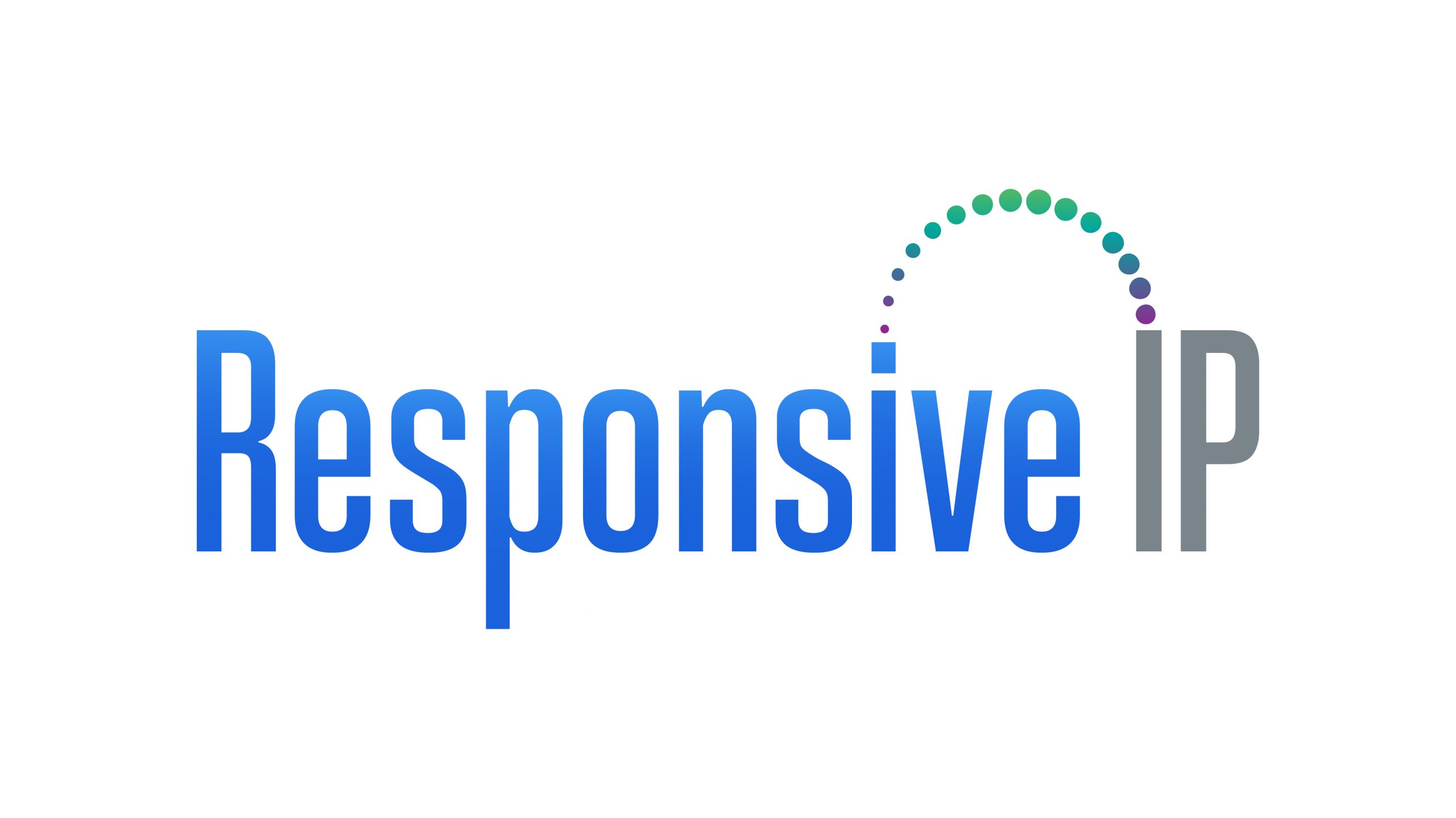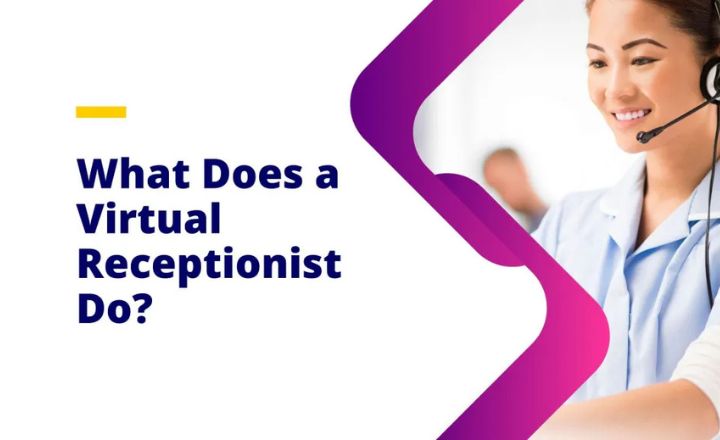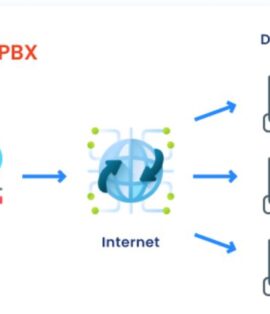
Best Phone System for Small Business
The selection of the best phone system for a small business is one of the important decisions that affects how you communicate with customers, manage your team, and present your brand. At Responsive IP, we specialise in the analysis, recommendation, and installation of phone systems that match your size, budget, and growth plans. In this guide, you’ll discover what to look for in a business phone system, why it matters, and how to pick one that supports your business now—and tomorrow.
Why the Right Phone System Matters
For small businesses, a phone system is much more than just a line for making calls. In fact, it’s a strategic asset that can:
- Improve the customer experience, such as calls being answered promptly and professionally.
- Enable your team to work effectively whether in-office, hybrid, or remote.
- Provide flexibility when your business grows, moves or changes.
- Reduce cost and complexity compared to outdated legacy phone systems.
- Create the impression of a reliable, well-established enterprise.
Failing to choose the right system can equate to missed calls, wasted time, high costs, and poor customer impressions. That’s why Responsive IP focuses on helping you pick the best phone system for your small business, rather than just any phone system.
Also Check: Our Services
What to Look for in the Best Phone System for Your Small Business
In comparing the various phone systems, pay attention to the following key factors:
1. Scalability & Flexibility
Your phone system has to grow with your business. Whether you add users, branches, or expand internationally, the system should let you scale easily without major infrastructure upgrades.
2. Mobility & Remote Work Support
Small businesses today rarely operate purely from one location. Look for phone systems that support mobile apps, desktop softphones, and remote extensions so your team can stay connected from anywhere.
3. Key Features
Consider features like:
- Auto-attendant/virtual receptionist
- Call routing / forwarding
- Voicemail-to-email / transcriptions
- Call recording and analytics
- Mobile/desktop support
These features improve professionalism, control, and efficiency in your communications.
4. Reliability & Call Quality
Even the nicest features are entirely useless if the calls drop or sound bad. Make sure your provider has very good uptime and network reliability. Needless to say, most leading systems come with high credibility in terms of service reliability.
5. Cost & Simplicity
With limited budgets and scarce IT resources, small businesses benefit more by implementing a cloud-based phone system to reduce hardware, simplify management, and offer subscription pricing.
6. Integration & Management
If you’re already using CRM, project tools, or other business apps, your phone system should integrate easily. Furthermore, make sure the system offers an easy-to-use admin interface so that you do not need heavy telecom expertise.
7. Setup & Support
Look for a provider-or better yet, a partner like Responsive IP-that can help you through setup, configuration, and ongoing support. For small business teams, time and simplicity matter.
Best Types of Phone Systems for Small Businesses
When choosing a phone system, you generally will have two broad paths:
Cloud-Based Phone System
Hosted in the cloud, minimal on-site hardware required. Ideal for small businesses due to low upfront cost, quick deployment and remote-ready features. Many current “best phone system for small business” listings point to cloud systems.
On-Premises / Hybrid Phone System
On-premise solution: installed on-site, hardware, PBX, routers, or a combination of on-premise and cloud. Can be more control and customization, but usually more expensive and complex to manage. For many small businesses this may be over-engineered unless you have specific requirements.
At Responsive IP, we often recommend cloud-based systems because of their flexibility, cost-effectiveness, and ease for small businesses, while ensuring the solution is tailored to your growth plans.
How Responsive IP Can Help You Get It Right
When you partner with Responsive IP to choose and install your phone system, you benefit from our structured process:
Needs assessment: We assess your team size, locations (office/remote), call volumes, future growth, and mobile/desktop working needs.
Feature mapping: Identifying which features you need now, which ones you can grow into, and those to avoid paying for as unnecessary extras.
System selection: We compare phone system providers, their cost plan, hardware requirements, and flexibility.
Implementation & Training: We will assist in setup, porting of numbers, onboarding users, mobile app configuration, and training staff.
Ongoing support: We monitor performance after launch, assist in making changes (adding users and changing call flows), and ensure the system continues to meet your needs.
That means you receive the best phone system for your small business, and you get it configured for your team and workflows, rather than some general “one-size-fits-all” product.
Selecting the Best Phone System for Your Small Business
Picking the best phone system for your small business means asking the right questions, as well as understanding your current and future communication needs, and partnering with an expert who knows what to look for. You want a system that is:
- Scalable, flexible, remote-ready
- Rich in business-essential features
- Reliable in call quality and uptime
- Inexpensive, easy to handle
- Compatible with your current workflows and tools
At Responsive IP, we specialise in guiding small businesses through this decision and implement a system that fits today’s demands and tomorrow’s growth. When you are ready to upgrade your business communications and make sure your phone system supports your brand and team, let us help you choose the best phone system for your small business.
FAQ’s
Q1. How much does a good small-business phone system cost?
Prices vary greatly, but most cloud-based systems use per-user monthly subscriptions, not huge upfront hardware bills. Compare the number of users, features, support, and length of contract.
Q2. Can I use my existing phone number or hardware?
Yes—in many cases. This may include porting your existing number and using hardware or softphones you already own. Responsive IP helps evaluate compatibility and migration.
Q3. Does my team need to be in the office to use the phone system?
Not necessarily, as a number of cloud systems now support mobile and desktop apps from which team members can make and receive business calls anywhere with an internet connection.





